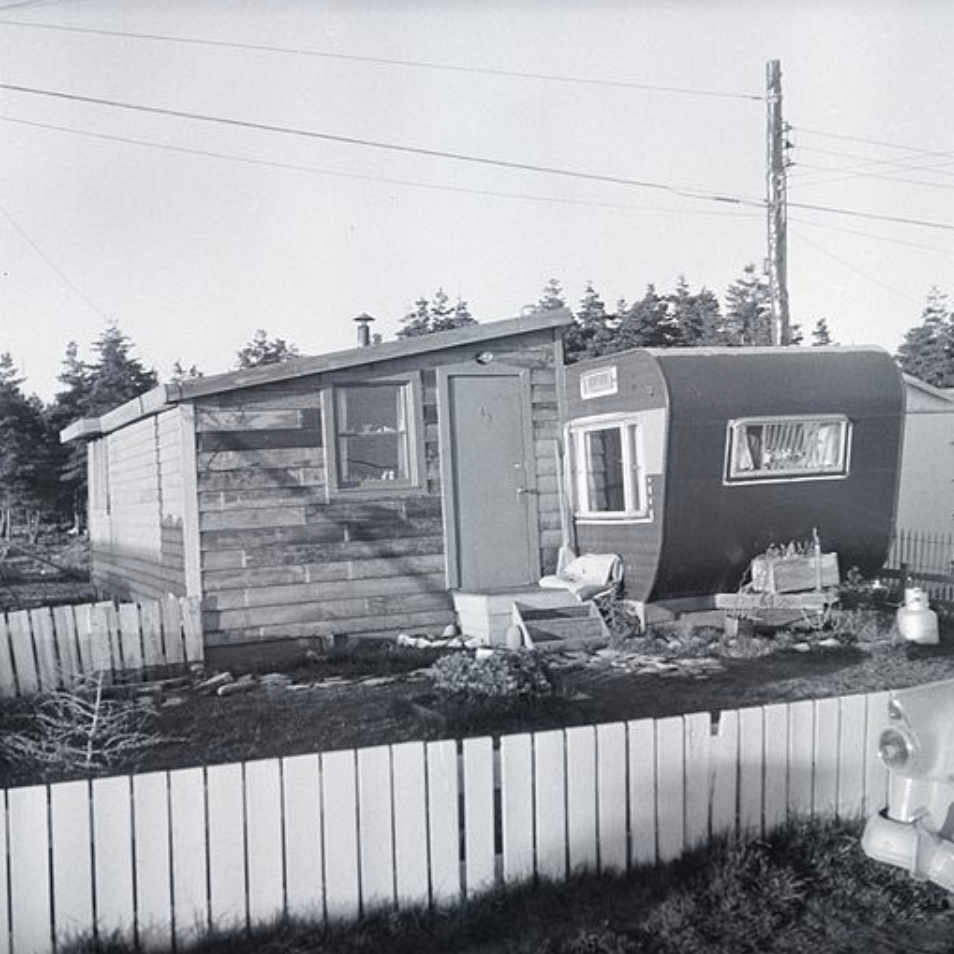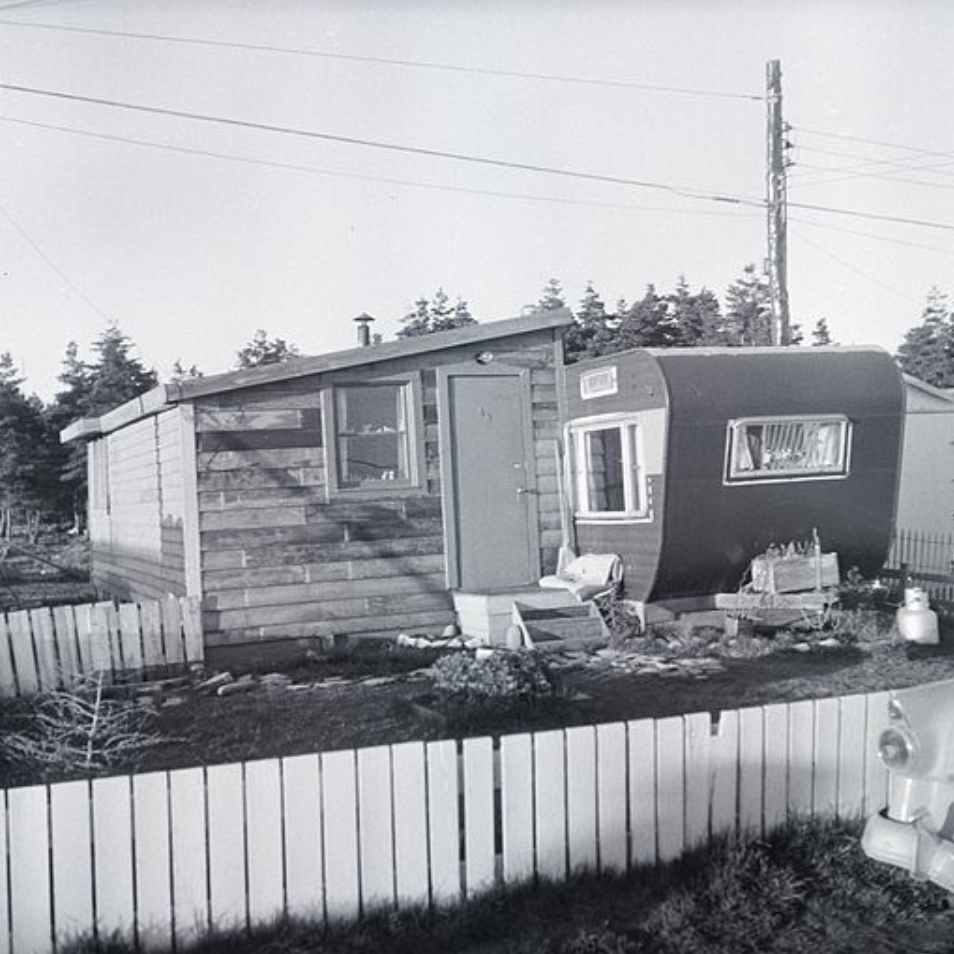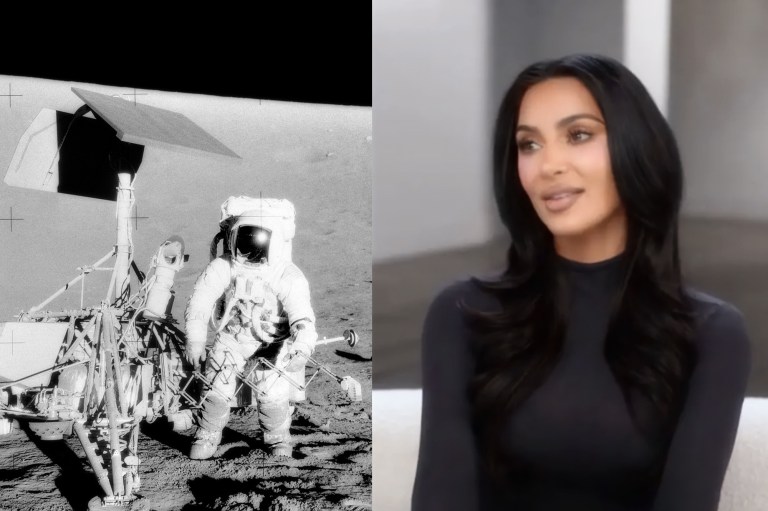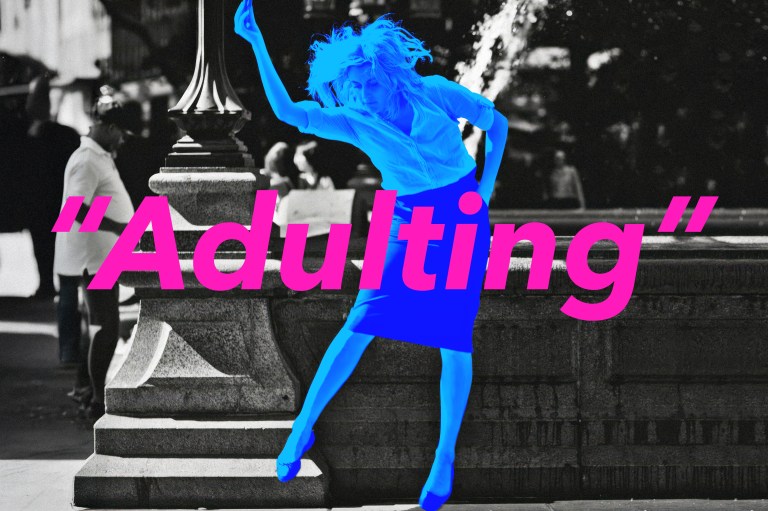
Explaining White Privilege To A Broke White Person…
Years ago, some feminist on the internet told me I was “Privileged.”
“THE FUCK!?!?” I said.
I came from the kind of Poor that people don’t want to believe still exists in this country. Have you ever spent a frigid northern Illinois winter without heat or running water? I have. At twelve years old, were you making ramen noodles in a coffee maker with water you fetched from a public bathroom? I was. Have you ever lived in a camper year round and used a random relative’s apartment as your mailing address? We did. Did you attend so many different elementary schools that you can only remember a quarter of their names? Welcome to my childhood.

So when that feminist told me I had “white privilege,” I told her that my white skin didn’t do shit to prevent me from experiencing poverty. Then, like any good, educated feminist would, she directed me to Peggy McIntosh’s 1988 now-famous piece, “White Privilege: Unpacking the Invisible Knapsack.”
After one reads McIntosh’s powerful essay, it’s impossible to deny that being born with white skin in America affords people certain unearned privileges in life that people of another skin color simple are not afforded. For example:
“I can turn on the television or open to the front page of the paper and see people of my race widely represented.”
“When I am told about our national heritage or about “civilization,” I am shown that people of my color made it what it is.”
“If a traffic cop pulls me over or if the IRS audits my tax return, I can be sure I haven’t been singled out because of my race.”
“I can if I wish arrange to be in the company of people of my race most of the time.”
If you read through the rest of the list, you can see how white people and people of color experience the world in two very different ways. BUT LISTEN: This is not said to make white people feel guilty about their privilege. It’s not your fault you were born with white skin and experience these privileges. BUT, whether you realize it or not, you DO benefit from it, and it IS your fault if you don’t maintain awareness of that fact.
I do understand McIntosh’s essay may rub some people the wrong way. There are several points on the list that I felt spoke more to the author’s status as a Middle Class person than a White Person. For example:
“If I should need to move, I can be pretty sure of renting or purchasing housing in an area, which I can afford and in which I would want to live.”
“I can be pretty sure that my neighbors in such a location will be neutral or pleasant to me.”
“I can go shopping alone most of the time, pretty well assured that I will not be followed or harassed.”
“If I want to, I can be pretty sure of finding a publisher for this piece on white privilege.”
And there are so many more points in the essay where the word “race” could be substituted for the word “class” which would ultimately paint a very different picture. That is why I had such a hard time identifying with this essay for so long. When I first wrote about White Privilege years ago, I demanded to know why this White Woman felt that my experiences were the same as hers when no, my family most certainly could not rent housing “in an area which we could afford and want to live.”
And no, I couldn’t go shopping without fear in our low income neighborhoods.
The idea that any ol’ white person can find a publisher for a piece is most certainly a symptom of class privilege. Having come from a family of people who didn’t even graduate high school, who knew not a single academic or intellectual person, it would never occur to me to assume that I could be published. It is an absolute freak anomaly that I’m in graduate school considering not one person on either side of my family has a college degree. And it took me until my thirties to ever believe that someone from my stock could achieve such a thing. Poverty colors nearly everything about your perspective on opportunities for advancement in life. Middle class, educated people assume that anyone can achieve their goals if they work hard enough. Folks steeped in poverty rarely see a life past working at the gas station, making the rent on their trailer, and self-medicating with cigarettes and prescription drugs until they die of a heart attack. (I’ve just described one whole side of my family and the life I assumed I’d be living before I lucked out of it.)
I, maybe more than most people, can completely understand why broke white folks get pissed when the word “Privilege” is thrown around. As a child, I was constantly discriminated against because of my poverty and those wounds still run very deep. But luckily my college education introduced me to a more nuanced concept of Privilege; the term Intersectionality. The concept of Intersectionality recognizes that people can be privileged in some ways and definitely not privileged in others. There are many different types of privilege, not just skin color privilege, that impact the way people can move through the world or are discriminated against. These are all things you are born into, not things you earned, that afford you opportunities others may not have. For example:
Citizenship – Simply being born in this country affords you certain privileges non-citizens will never access.
Class – Being born into a financially stable family can help guarantee your health, happiness, safety, education, intelligence, and future opportunities.
Sexual Orientation – By being born straight, every state in this country affords you privileges that non-straight folks have to fight the Supreme Court for.
Sex – By being born male, you can assume that you can walk through a parking garage without worrying you’ll be raped and that a defense attorney will then blame it on what you were wearing.
Ability – By being born able bodied, you probably don’t have to plan your life around handicap access, braille, or other special needs.
Gender – By being born cisgendered, you aren’t worried that the restroom or locker room you use will invoke public outrage.
As you can see, belonging to one or more category of Privilege, especially being a Straight White Middle Class Able-Bodied Male, can be like winning a lottery you didn’t even know you were playing. But this is not to imply that any form of privilege is exactly the same as another or that people lacking in one area of privilege understand what it’s like to be lacking in other areas. Race discrimination is not equal to Sex Discrimination and so forth.
And listen, recognizing Privilege doesn’t mean suffering guilt or shame for your lot in life. Nobody’s saying that Straight White Middle Class Able-Bodied Males are all a bunch of assholes who don’t work hard for what they have. Recognizing Privilege simply means being aware that some people have to work much harder just to experience the things you take for granted (if they ever can experience them at all.)
I know now that I AM Privileged in many ways. I am Privileged as a natural born white citizen. I am privileged as a cis-gendered woman. I am privileged as an able-bodied person. I am privileged that my first language is also our national language, and that I was born with an intellect and ambition that pulled me out of the poverty I was otherwise destined for. I was privileged to be able to marry my way “up” by partnering with a Privileged middle-class educated male who fully expected me to earn a college degree.
There are a million ways I experience Privilege, and some that I certainly don’t. But thankfully, Intersectionality allows us to examine these varying dimensions and degrees of discrimination while raising awareness of the results of multiple systems of oppression at work. ![]()
Tell me, are you a White Person made uncomfortable by the term “White Privilege?” Does a more nuanced approach help you see your own Privilege more clearly?











